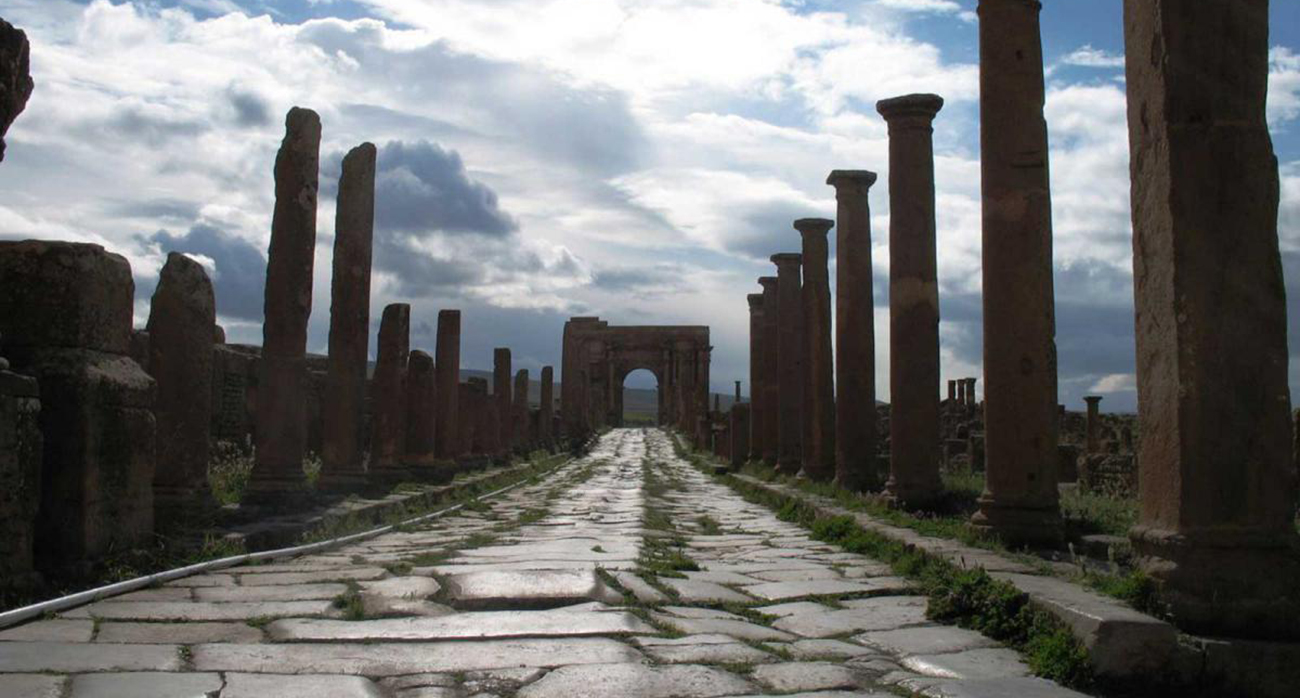Introduction. Gaius Sallustius Crispus (Sallust) was, together with Cicero and Caesar, the third great prose writer of the first part of the Golden Age of Latin literature which stretched from about 80 to 40 B.C., and like the other two writers he exercised a profound influence on the subsequent development of Latin literature. What is known about his life is relatively meagre. He was born in the Sabine hills of central Italy in 86 B.C. and entered the Senate in about 55, having been elected quaestor, and appears to...


